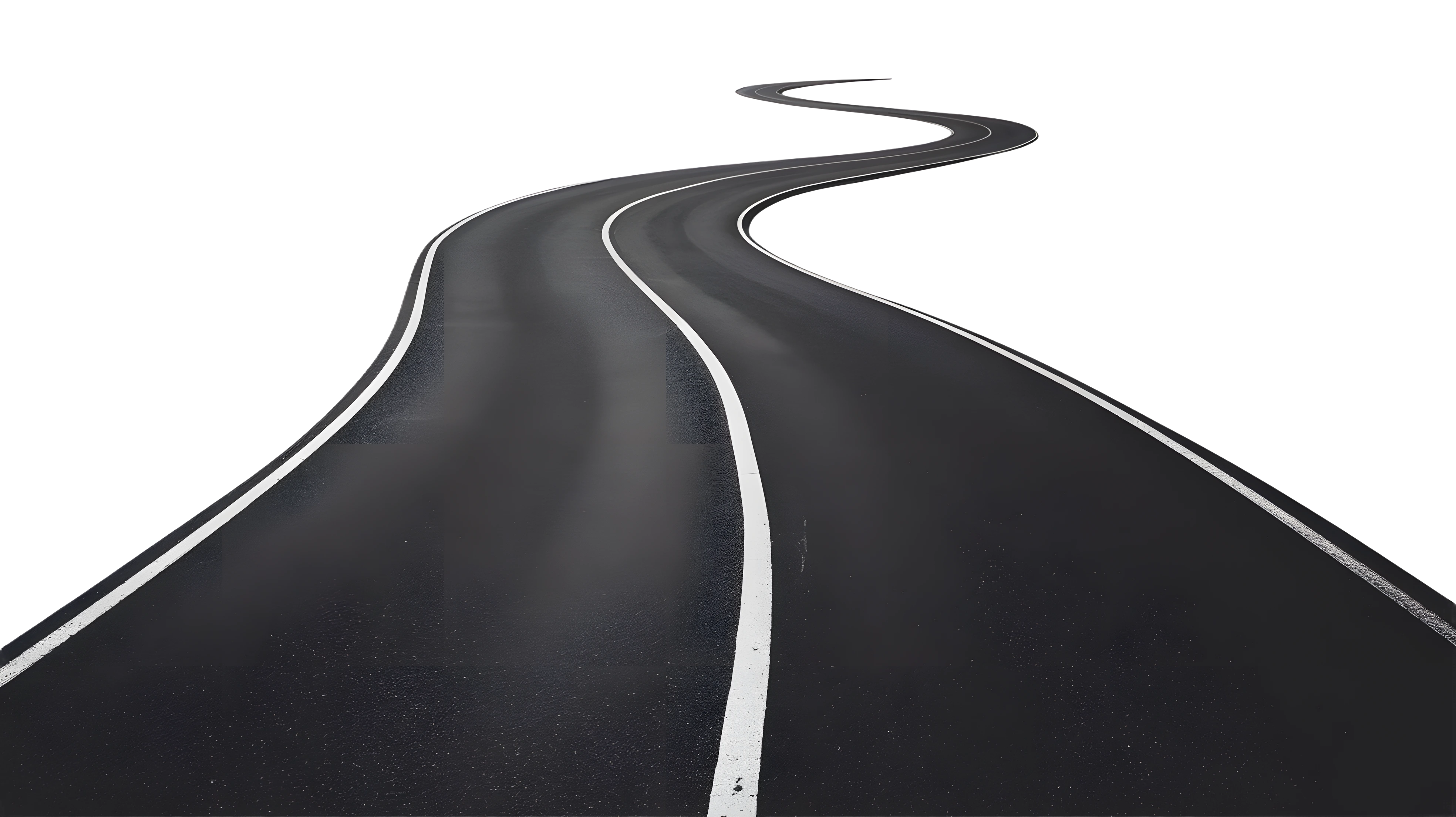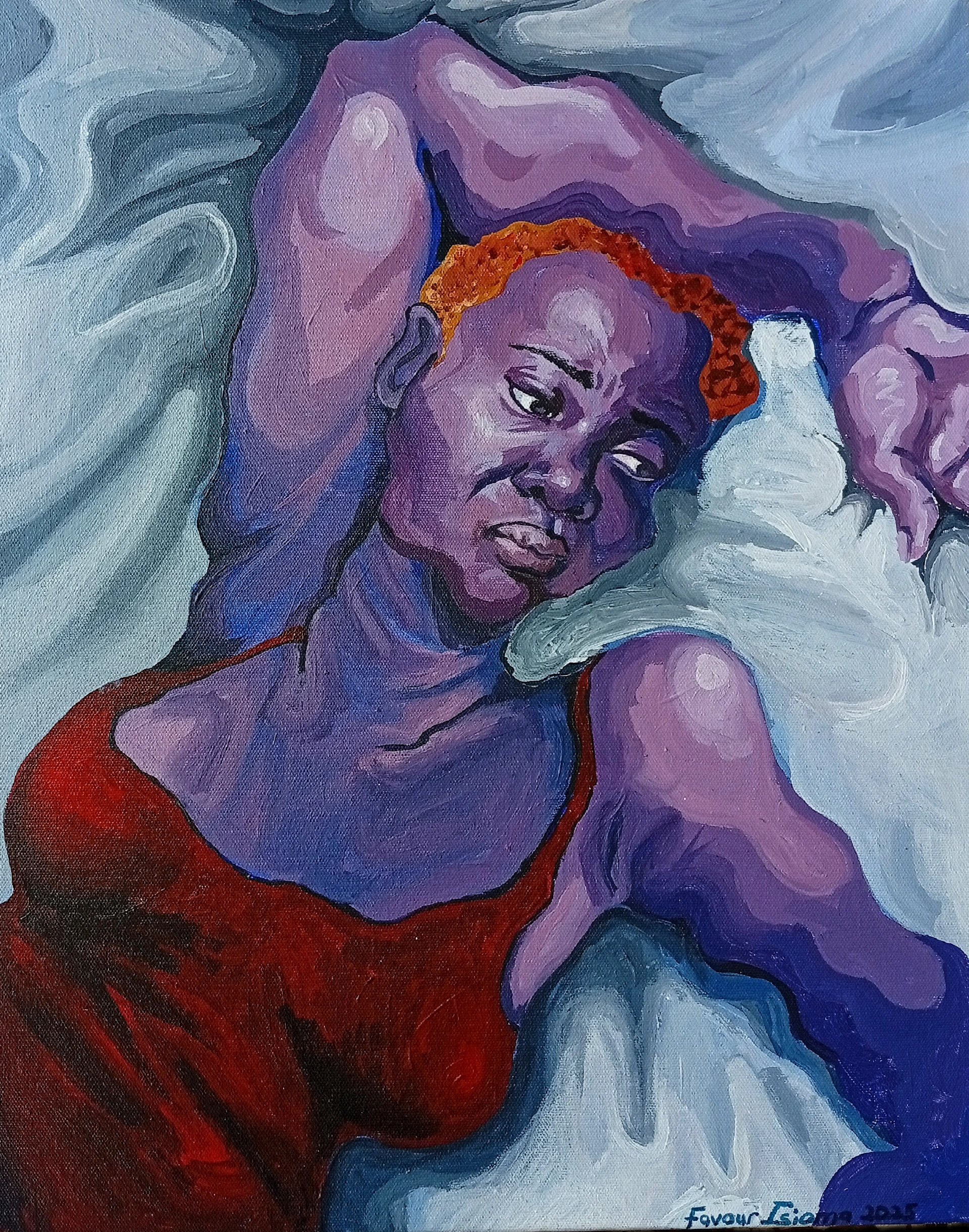My publisher worries about my book and my recent lack of output on my deadlines. I do have a contractual obligation to fulfill, so he checks up on me from time to time. I tell him the usual yarn about having writer’s block and how I’ve already plotted out my next novel and I’m only struggling connecting the dots.
He suggests I stop sitting at home trying to write for a few days and go out instead, to do something to reinvigorate my writing. He suggests going out of town for a weekend. I generally hate travel. He suggests not going too far, he mentions Zuma Rock resort, just outside the city. I’d been there once, but I’ve never really been the type to leave my house and spend the night elsewhere.
As I ponder what to do and possibly where to go, an unintended solution arrives. I get a call, it’s from my sister. She’s ready to sell the house, the family house we inherited. The one she once referred to as the wicked stepmother’s house, because father’s last wife made it uncomfortable for her.
She tells me she’s finally moving her things out and into her newly acquired house. She needs to make sure she doesn’t take anything of mine. The house she speaks of is about two hours away. I see this as an opportunity to take that trip my publisher has suggested. It is home after all, in some sense. So on a Friday I set off. I never have FOMO when I’m in Abuja, only when I leave, which is funny, knowing fully well I would be locked up in my one-bedroom apartment with little to no visitors when I’m around.
I take off in the morning to avoid the usual Friday traffic before Friday prayers. Once out of the city limits, it’s mostly highways and the occasional tankers and lorries that litter some of the way because the government hasn’t built a large enough road for them, let alone parks for them to park their vehicle and away from potential disaster. The roads are not the same, they never have been. They are a reflection of Nigeria, seemingly getting worse and worse, day by day, but they still take you to your destination. On a good day, an hour maybe. On a bad day, almost two hours.
I arrive by 12:30. The town is the same. Even though its referred to as a city sometimes in comparison to the other major towns and its significance as a capital. I sometimes romanticize moving here and living out the rest of my years. That romantic notion usually dies once I’m here.
Usually death brought me here, ever since I left. Grandfather died, I was here. Father died, I was here. Aunty Bisi died, I was here. Even when her husband died after her, I was here. It seemed a reflection of what I thought of the town: dead. Although lately I’ve seen some development brought about by the successive governors since the one who did nothing but fix the market and then died. I’ve been to that market since its expansion. I mean, it’s not bad, but you wouldn’t be amazed.
I reach the house and find that only the furniture in the main living room remains, they belong to the stepmother who I guess we’ll now have to take to hers. Despite her initial gragra and fighting us over everything including the house when father died, she doesn’t live here anymore and I doubt she intended to in the first place. I wonder if my sister- her main life antagonist -has told her of our plans to finally sell the house. I suppose it wouldn’t matter much since we inherited the house. It is ours to decide what to do with. My sister has already taken her stuff, including the furniture in what was mother’s living room.
I drop my things in my bedroom, deciding to call my sister later. I look around the room. I feel less nostalgic every time I come here. It may have started after father died or when I realized this wasn’t home anymore, the latter feeling likely coming from the former. It’s still afternoon, so I walk around the compound. The only person here is Hassan, the security who is sometimes aided by his brother, Husseini. They’re not twins, though one would be mistaken to think so when hearing only their names. The story goes that Hassan was a twin, but his sibling died, so when their mother gave birth again to a boy, he was called Husseini in memory of, thus completing the common name for twins in the North, except with a twist.
The nights are quiet here. Usually, most businesses close by 10pm. There’s a beauty and yet inconvenience about it. I remember the last time I was here and I decided to have a joyride after buying groceries from one of the only places that stayed open till 11. My car stopped after I got on the highway, some distance past my home. I was on Factory Road where all the factories were. The whole area was called so before it became part of the highway leading into the North-West of the country. My car had stopped right by the side of a factory owned by my childhood friend’s father. A friend who no longer lived in the city, just like everybody else I grew up with.
I called two people for help, one couldn’t make it, the other could. Only problem was my helper was bad with direction as I was describing where I was. It took a while, a really long while, but they got there. We managed to get the car to start, driving it all the way to my street till it stopped a few meters away from the gate of the house. From there we just pushed the car into the compound as the entrance sloped down anyway. It was an interesting night. I prayed to never have nights like that again, so this visit I am staying my ass at home, no more nightly joyrides. I call my sister to tell her I arrive and will see her the next day. In the mean time I look for something to watch on Netflix. I settle on The Vampire Diaries.
The next day I wake up and make my way to the kitchen. Everything I need to make a cup of tea is there. I return to my room and rummage through my bedroom. It used to be a delight to be in this childhood room of mine, but lately it feels like a museum, even the bed that I outgrew and didn’t mind adjusting my legs so my whole body could fit now feels ridiculous to do so. I didn’t used to mind my toes dangling over the edge of the bed back then, but the comfort of the numerous beds I have slept on since makes me feel ready to let this one go.
I find some old drawings of mine in an old card box, one in particular is of death. It is a coffin with the word “death” written above it. These were my teenage emotions. I would’ve been a Goth child with nail polish and eyeliner if I lived anywhere else. Black of course. Black polish. The only colour men should be wearing if they want to be dolled up.
I find a poem, of sorts, a rap verse really, that I wrote for a friend I knew I would never see again, telling him how I missed him and wish I was where he was, both physically and in life; in a better country with people who know me intimately.
Later in the afternoon I drive to my sister’s house. I realize how long the road is to her house now that I’m the one driving. The roads are mostly the same, the buildings usually no more than two stories high. The view is not bad; it never has been. Despite the occasional hills and valleys, the town usually looks flat.
I think about being a professor here. Father was one, that’s how he met mother. He was teaching undergrads while she came to do her post-grad after working for the Nigerian Railway Corporation. There are a lot of tertiary institutions here, from colleges to universities. I don’t know how cool I would be as a teacher, but I know I’ll be better than the idiots we got who used to tell us a first class grade was for God, while a second class was for them only to be given at their mercy. Such idiots couldn’t inspire their own students to be better than them. Very typical Nigerian problem. People refusing to see beyond themselves.
There’s a very young population here and as I grow older, I wonder if my boyish looks will still get me mistaken for them. Young women flock to me but are taken aback once I tell them my age and question why I’m not married. Another Nigerian problem: the expectations of your age. When you’re young enough to do something, your creativity is stifled. When you’re older and holding onto whatever youthful indulgence you have left, you’re seen as weird, irresponsible and creepy. Must be worse for women, I say to myself.
I arrive at my sister’s. It’s a nice house. A nice life she’s built for herself. She deserves it. We don’t really talk about the stepmother, except when to offload her things once I’m done packing. My sister offers me space in the back of her house to dump my things to which I agree. Literally all my things could fit in one small room, my most expensive belonging probably being my bed.
We meet the buyer of the house the next day. He’s a business man who just wants the land to build a staff quarter for his workers. Despite the size of our four-bedroom bungalow, we had enough land to build another house on the property. This was one of the unique features of living in semi-urban areas of Nigeria, land was generally more affordable compared to the city, so people owned houses with enough space to roam around. It made for great childhood memories.
Once we finalize the sale with the buyer and assure him that both of us will be there to give our signatures when his lawyer comes the next day, my sister and I take a walk around the compound. Just us two. It is a somber moment. This moment may not have been possible had there not been a fight with the stepmother in court a few years earlier after she hid the papers to the house when father died. The matter went to court and we won.
“She called,” says my sister after we circumvent the house, “She heard we were selling the house. She was asking about her things.”
“I’ll take them to her,” I say. I do this to avoid any unnecessary confrontation between the two of them. Lucky for me, my sister informs me that the stepmother will have her son come get her things the next day. We had already packed her remaining things a long time ago in father’s office. The one room that was hardly in use when father retired.
It’s day 3 of my visit back home, the day I usually get tired of any journey and wish to run back to Abuja. Once we sign the papers, I’ll be on my way.
The next day the house is almost all packed up. We sign the papers, no longer owning the house that father built. The house that was once a home, where my parents once asked me what colour I wanted the walls of my room to be and I said blue. Where my sister felt like a guest in her father’s house, but the other children of her new mother didn’t.
I stand in an empty living room when everything has been finally packed. I look at what is in front of me and not what once was. This house is not a home anymore, but it holds memories.
I return to Abuja and reunite with my writing, opening the laptop I refused to travel with. I look at the beginning of my novel and read it to myself.
“There was innocence here once… and I return to it from time to time. I write stories about it as if to capture magic in a bottle and more precisely a moment in time. My perfectionism does not allow me to look forward to the future, for the unknown is scary, the risk too much, but the past, that which has happened and which I am certain of the outcome that has already been lived, I find some refuge in. It may not be healthy for growth, but like I said I am battling trauma wrapped in perfectionism, wrapped in fear of loss, wrapped in fear of risk.”
My novel is about a man stuck in his past, trying to move forward. I think about how poetic it is that I can no longer go back to my past now, certainly not the edifice that housed so much of it. Unlike my character, I now have to throw fear away and look forward.





